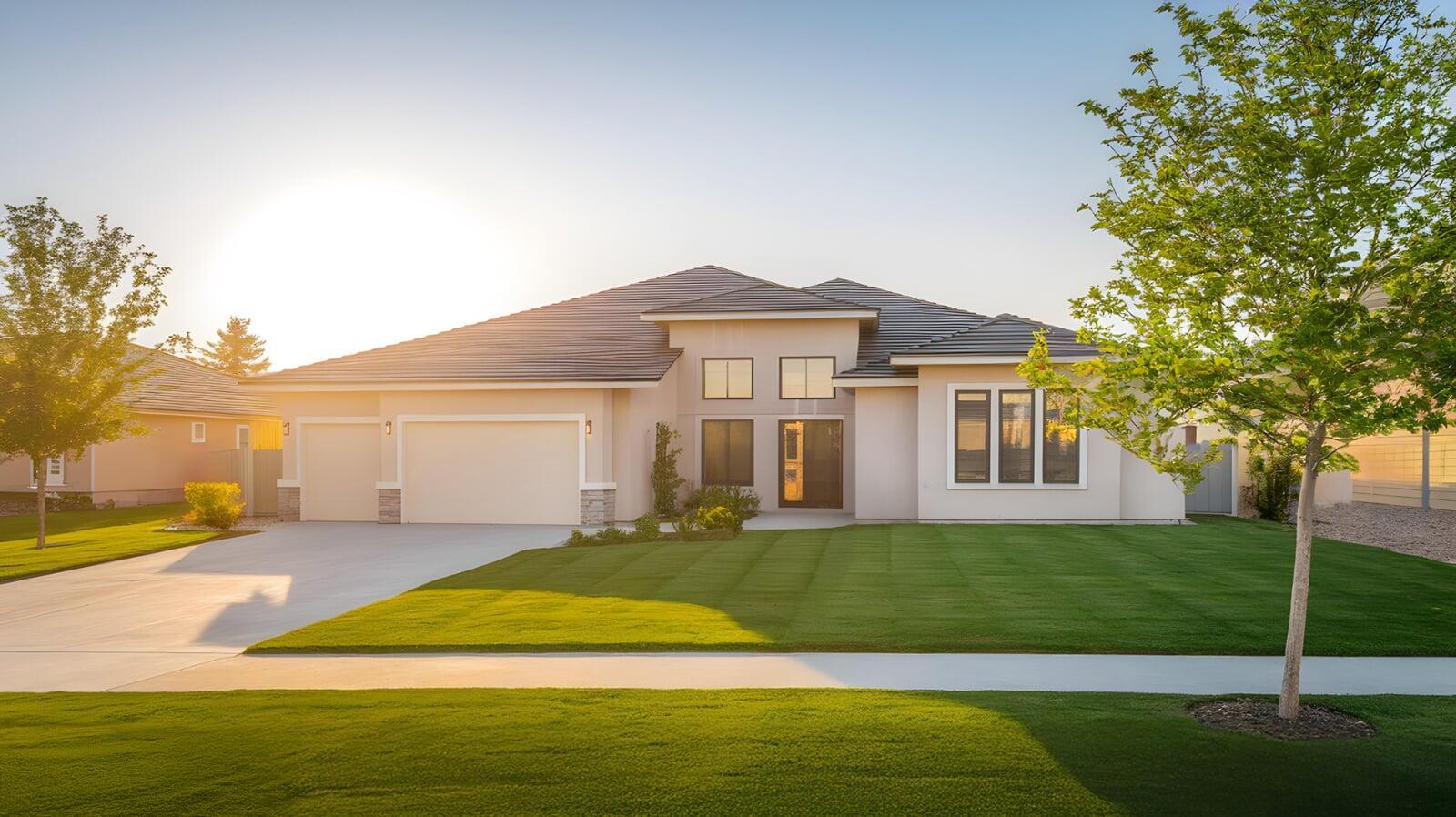
San Diego Eyes Big Changes to Bonus ADU Program as Debate Intensifies
San Diego is poised to implement significant revisions to its ambitious Bonus Accessory Dwelling Unit (ADU) Program following months of heated public input and neighborhood backlash. The Land Use & Housing Committee of the City Council recently approved reforms that curb the initiative’s original ambitions and address new community concerns .
What the Bonus ADU Program Was
Introduced in 2020, San Diego’s program allowed homeowners to build unlimited bonus ADUs: for every deed-restricted affordable ADU, builders could add an unrestricted, market-rate unit .
The approach far exceeded state mandates, leading to a boom in backyard housing—by 2023, ADUs accounted for roughly 20% of all permitted new homes in the city
Why It’s Being Reconsidered
Outlier developments: Some controversial projects proposed multiple backyard units—too many for a single property—fueling fears about overcrowding, parking shortages, and changes to neighborhood character .
Backlash from residents: Community groups complained about traffic, aesthetics, and wildfire vulnerabilities, prompting calls to rollback the program in certain areas .
Key Proposed Changes
Caps on ADU numbers per lot
A maximum of four ADUs on lots up to 5,000 sq ft.
An additional unit per 1,000 sq ft thereafter, up to seven units.
Height and setback restrictions
Limited to two stories, with greater setbacks from property lines .
Parking requirements
Mandatory parking for units outside transit corridors .
Infrastructure & community enhancement fee
Fee to support infrastructure costs—likely controversial and potentially impacting parking/playground needs .
Wildfire safety & cul-de-sac ban zone
ADUs prohibited on cul-de-sacs in high wildfire-risk neighborhoods.
Zoning-based rollbacks
Full repeal of the bonus program in very low-density zones (large lot sizes) .
What City Leaders & Advocates Are Saying
Supporters, including Councilmembers Kent Lee, Sean Elo‑Rivera, and Raul Campillo, argue this is a necessary middle ground—it curbs abuse while preserving the program’s broader benefits
Elo‑Rivera emphasized the need to reign in “corporate profiteers” but affirmed the incentive’s overall value.
Councilmember Vivian Moreno, the lone “no” vote, voiced concern that too many constraints would undermine housing production, warning “At the end of the day… it makes it harder to build more homes in San Diego” .
Developers and business groups maintain that the bonus ADU program is a cost-effective way to generate much-needed housing without subsidies .
Next Steps & Timeline
The Land Use & Housing Committee passed these measures in a 3–1 vote.
Final approval is expected by the full City Council in early June.
If passed, the changes—particularly caps, setbacks, and fees—could be implemented by July .
The Bigger Picture
San Diego’s bold Bonus ADU initiative—groundbreaking in California for its aggressive incentives—helped produce affordable, flexible housing fast . But its explosive growth has ignited an equally potent backlash, revealing the tension between rapid housing expansion and neighborhood preservation.
With these revisions, San Diego leaders are recalibrating: cooling runaway growth while still aiming to grow supply. However, critics warn that overly tight restrictions could undermine the very goals the program sought to achieve.
Final Takeaway
San Diego’s ADU Bonus program is undergoing a pivotal transformation. The city's top-tier committee has proposed caps, parking rules, safety standards, and fees—reflecting both developer opportunity and neighborhood caution. As this goes to the full council in early June, the city faces a critical decision point: balance growth and affordability—or risk derailing a major local housing strategy.

